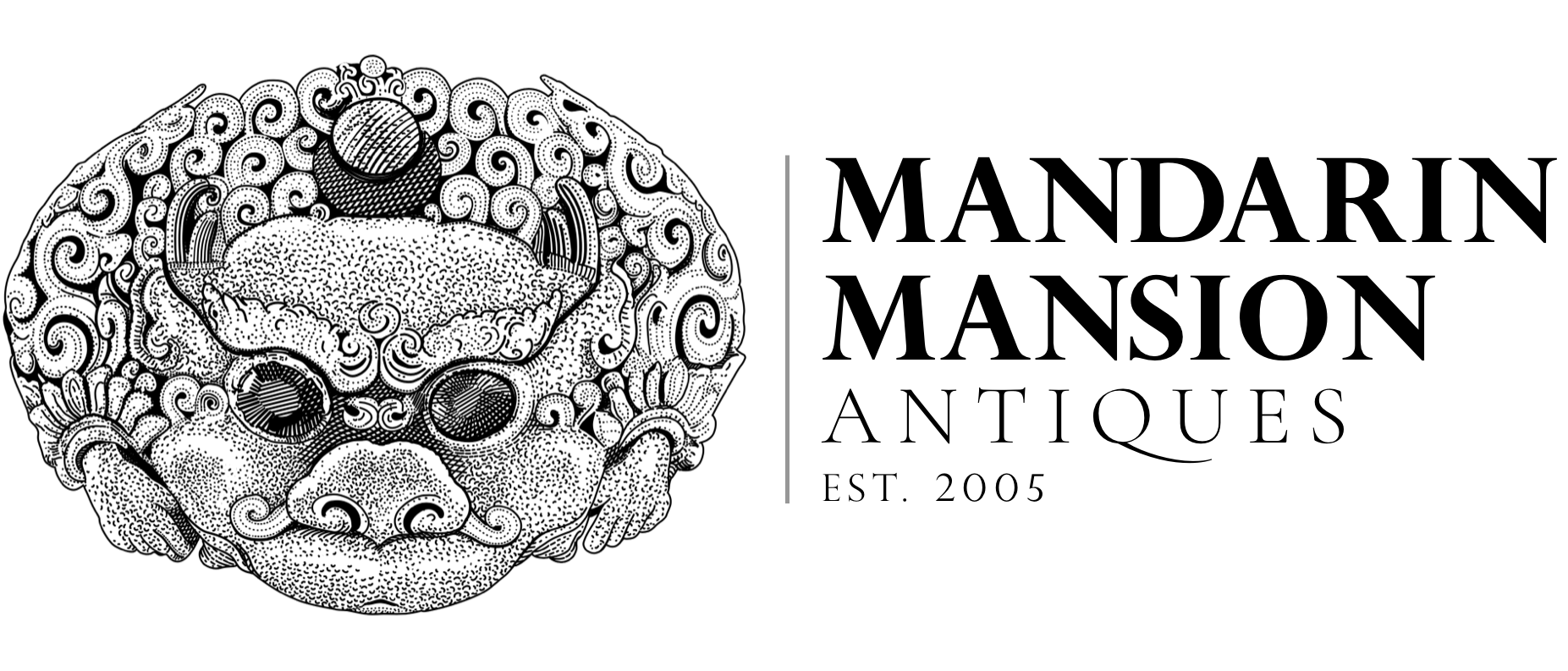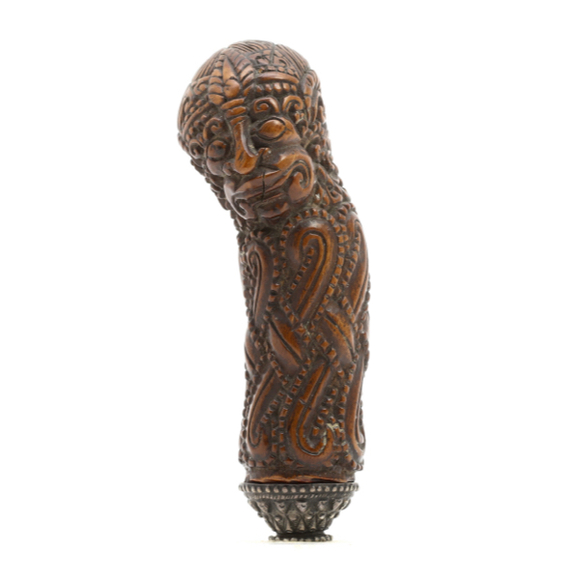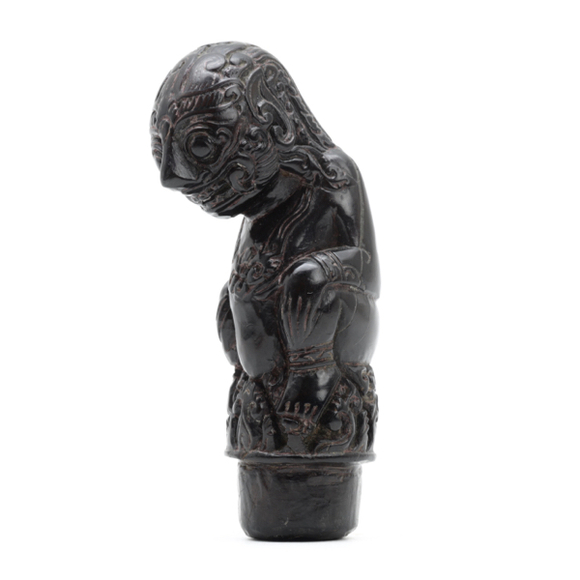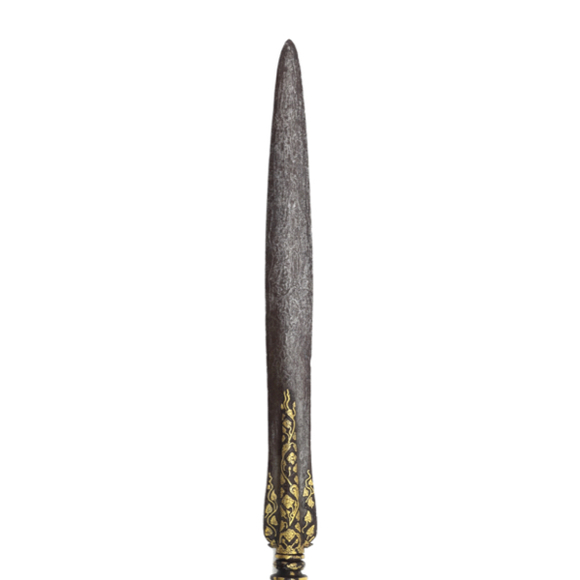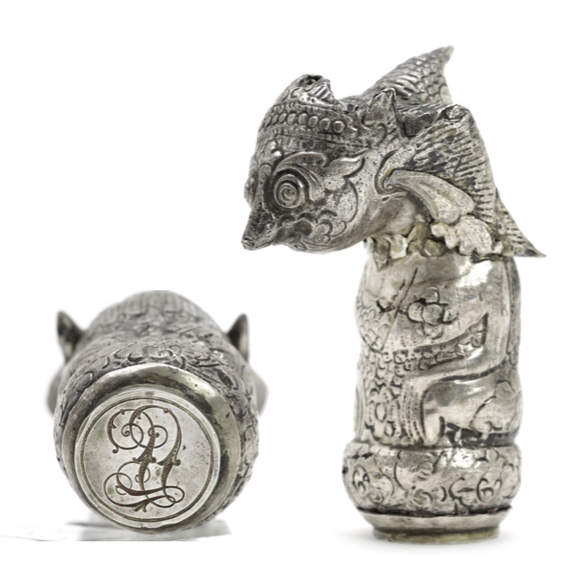Language: Old Javanese
Source: Period account
Description
Paspáti is an Javanese word for a type of arrow with a serpentine arrowhead.
These are the bow and arrow (gendewa / pana) which are seldom used in modern times except on state occasions.
The arrows termed chákra, paspáti, trisúla, waráyang, diwál, róda dedáli, and others of a similar form, as well as the clubs called indán, gáda, and dénda, are represented as the weapons used by the gods, demigods, and heroes of antiquity, and are constantly referred to in the mythological and historical romances of the Javans, and exhibited in their scenic and dramatic entertainments.1
-Thomas Stanford Raffles, 1871
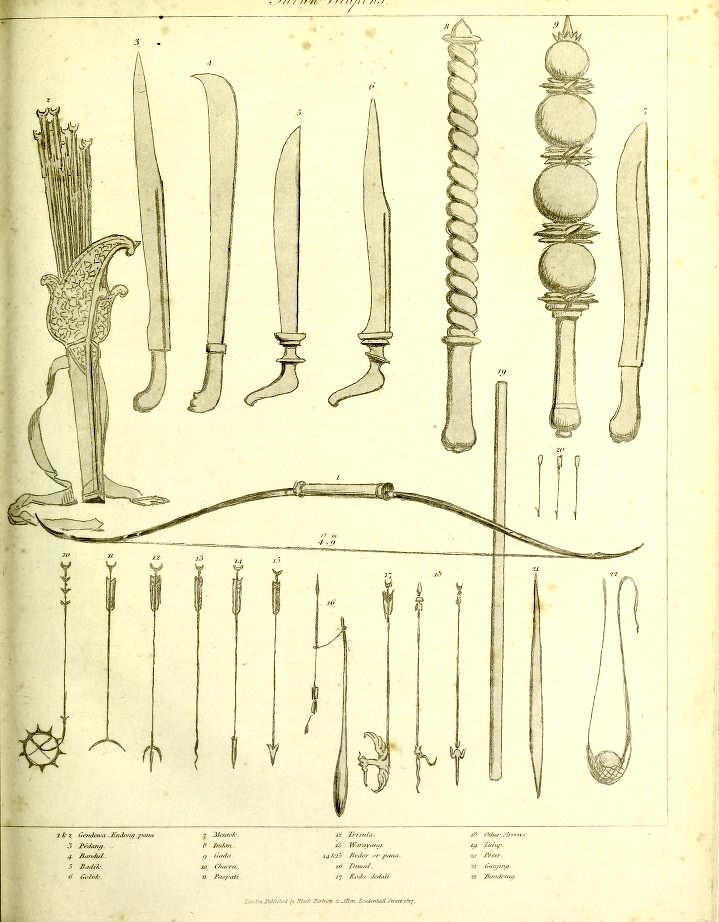
Illustration of Indonesian archery equipment showing the waráyang, fourth from the left.
Raffles, 1817.
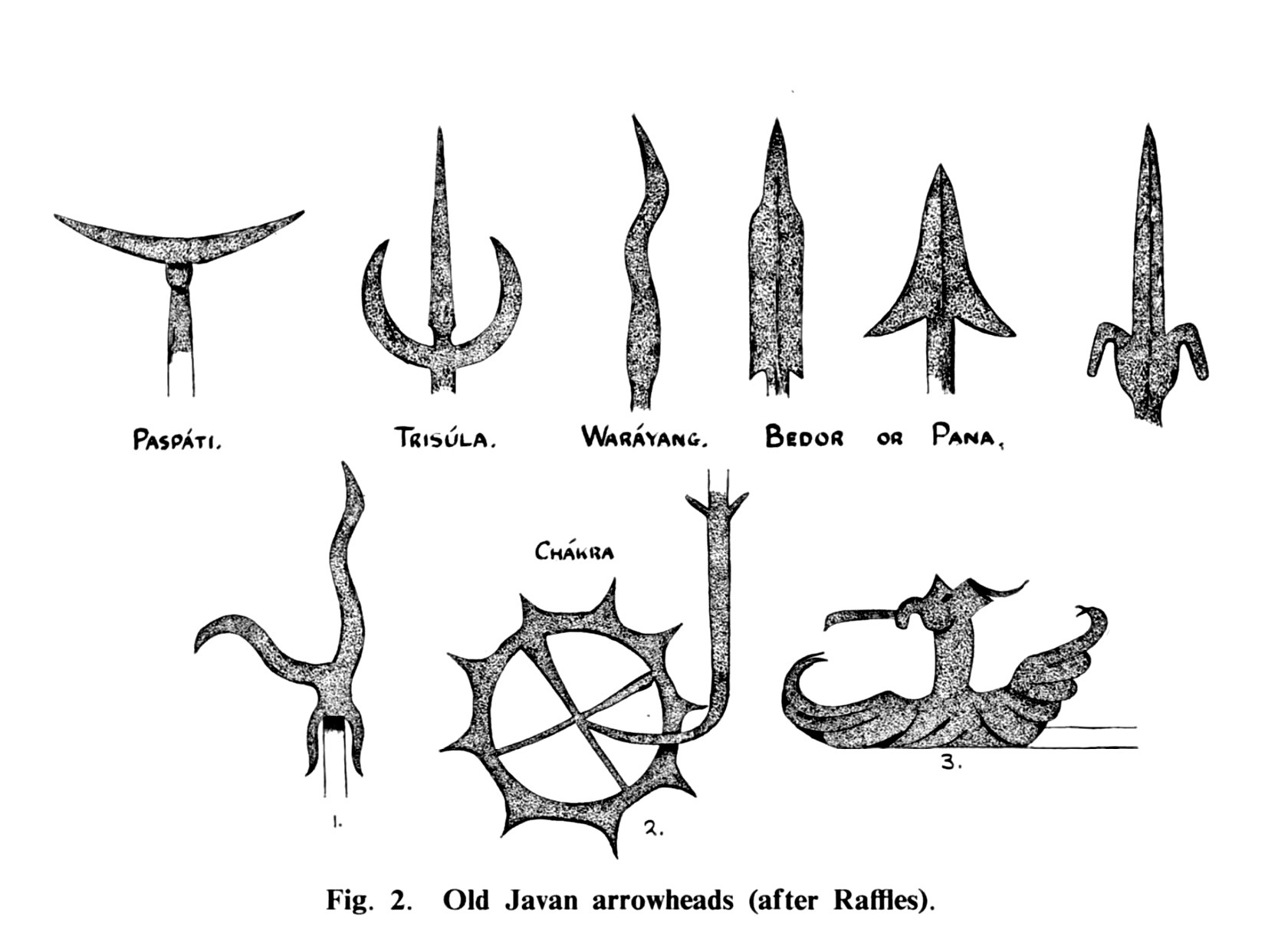
Clearer drawings by Doug Elmy 1971, based on Raffles.
Further reading on Indonesian archery:
Doug Elmy; Javan Archery. Journal of the Society of Archer-Antiquaries 14, 1971.
Wolfgang Barti; A Javanese bow and arrows. Journal of the Society of Archer-Antiquaries 1998. Pages 57-58.
C.M. Pleyte; Sumpitan and bow in Indonesia. Internationales Archiv für Ethnographie. Band IV, Heft VI. Leiden. 1891. Pages 265-281.
Notes
1. Thomas Stanford Raffles; The history of Java. Vol 1. Page 295.
